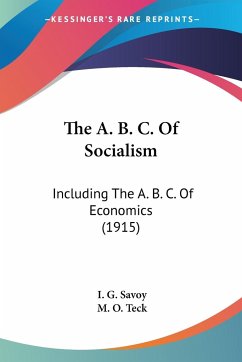Managing Socialism challenges the theoretical underpinnings of Cuban Studies--the elite/mass perspective. It offers a major reinterpretation of the revolutionary process which focuses on the rise and fall of different types of social actors at the intermediate level of Cuban society. Frank Fitzgerald identifies intermediate level types: the prerevolutionary middle class; the old cadres who in the 1960s attained administrative positions with political credentials; and the new professionals who primarily since 1970 enter these same occupations on the basis of education. Fitzgerald focuses on the transitions from one type to the next and uncovers conflict/cooperation patterns between the three strata of Cuban society. His study offers new insight into the early exodus from Cuba, the problem of scarce skills, and Cuba's educational expansion. Managing Socialism's previously unexplored subject matter and its challenging theoretical approach make it required reading. Focusing on the relationship between social stratification and politics broadly conceived, Fitzgerald examines major changes at the intermediate level of Cuban society resulting from and in turn influencing the Cuban revolutionary process. Thereby dismissing the elite/mass perspective theory, Fitzgerald begins his analysis with an examination of factors leading to the scarcity and misallocation of skills in the 1960s. Leadership responses to this problem are then analyzed as important links to the crisis of 1970 and the emergence of new professionals. The post 1970 rectification process is explored and a study conducted of the decline of the old cadres and rise of the new professionals. A chapter is then given to the problem of bureaucratic centralism and typical patterns of conflict and cooperation between social types. A discussion of the 1986 rectification campaign and a summary of major findings conclude Fitzgerald's provocative work.
Hinweis: Dieser Artikel kann nur an eine deutsche Lieferadresse ausgeliefert werden.
Hinweis: Dieser Artikel kann nur an eine deutsche Lieferadresse ausgeliefert werden.








